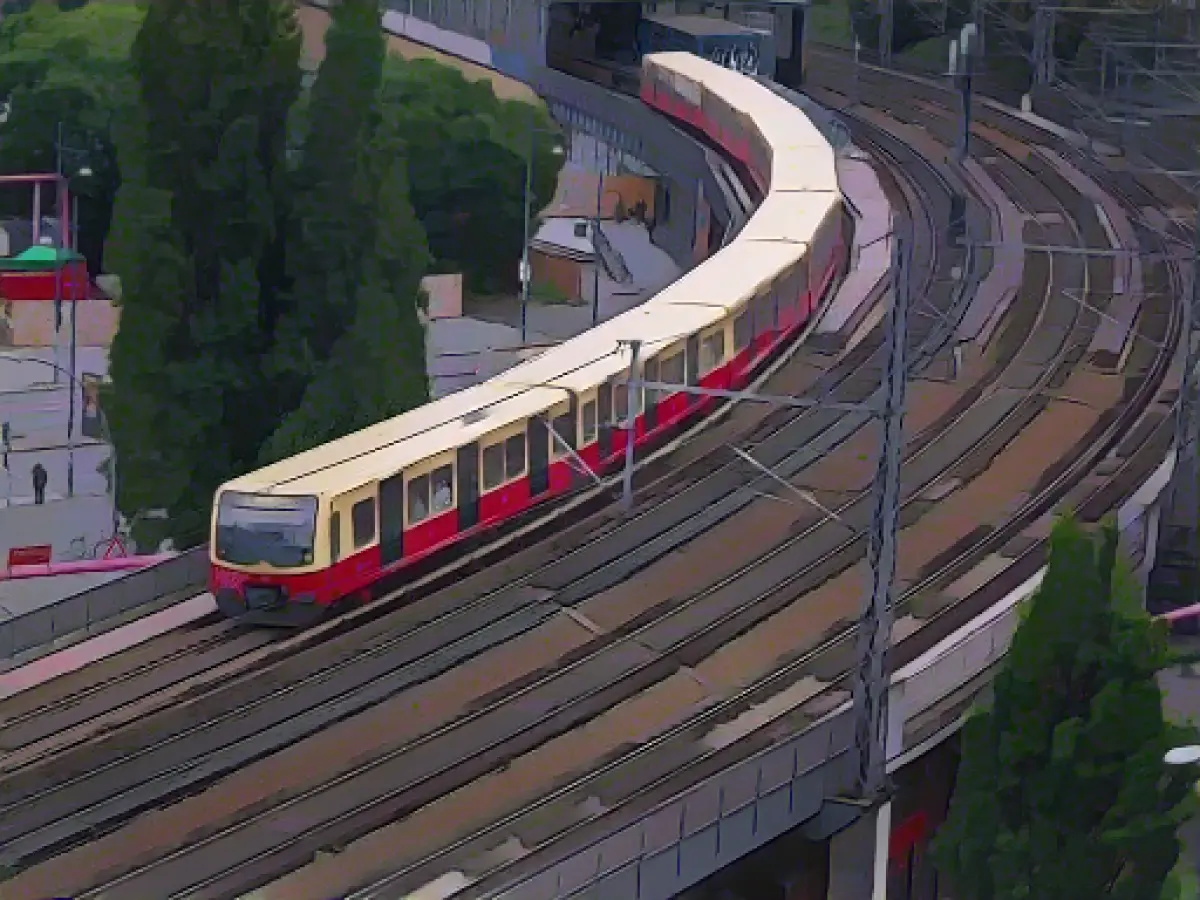More delays and cancellations on Berlin's S-Bahn and U-Bahn trains
Disruptions, delays and cancellations in Berlin's S-Bahn and U-Bahn services have increased significantly in 2023 compared to the previous year. This is according to answers from the Senate to a parliamentary question from the mobility policy spokesperson for the Left Party, Kristian Ronneburg. The answers were made available to the Deutsche Presse-Agentur on Tuesday. RBB had previously reported on this.
More disruptions on the Berlin S-Bahn
According to Deutsche Bahn, there were 31,521 disruption reports for the S-Bahn from January to September this year - that's 12 percent more than in the same period last year. This has resulted in 103,570 delayed trains so far in 2023 - an increase of 19 percent compared to 2022.
In addition, around 82% more trains were partially or completely canceled in the first three quarters of 2023 as a result of a disruption than in the same period last year. Up to September, 29,847 trains were canceled this year - more than in the whole of 2022 (26,234). However, 95.8 percent of all S-Bahn journeys in the first nine months ran as planned.
BVG will also have more disruptions in 2023
The number of disruptions and the resulting delays and cancellations on the subway has also risen sharply, as the BVG announced in its response to Ronneburg's Senate inquiry. Up to September of this year, there were around 16.5 percent (5447) more disruptions to subway services than in the same period last year. As a result, around 58 percent more trains were delayed. The number of train cancellations rose by 3.4 percent compared to the previous year. Overall, 98.7% of the 2023 subway service ran as planned in the first three quarters (2022: 99.2%).
Reasons for disruption reports
According to BVG, a large proportion of disruptions are technical in nature. These include vehicle defects or door malfunctions - for example due to passengers holding the doors open. Other causes include accidents, points or signal box faults and staff shortages. According to Deutsche Bahn, technical defects, external influences and an increased sickness rate are the main reasons for S-Bahn disruption reports. Deutsche Bahn operates the S-Bahn in Berlin.
Traffic in Berlin has been affected not only by issues with the S-Bahn and U-Bahn but also with the railroad system. For instance, an increase in disruptions and cancellations on the railroads has led to delays and cancellations of public transport trains, causing inconvenience for commuters.
In light of the increased disruptions in public transportation, some commuters have turned to alternative modes of transportation, such as driving their personal vehicles or using ride-sharing services, leading to additional traffic congestion on the city's roads.
Source: www.dpa.com








